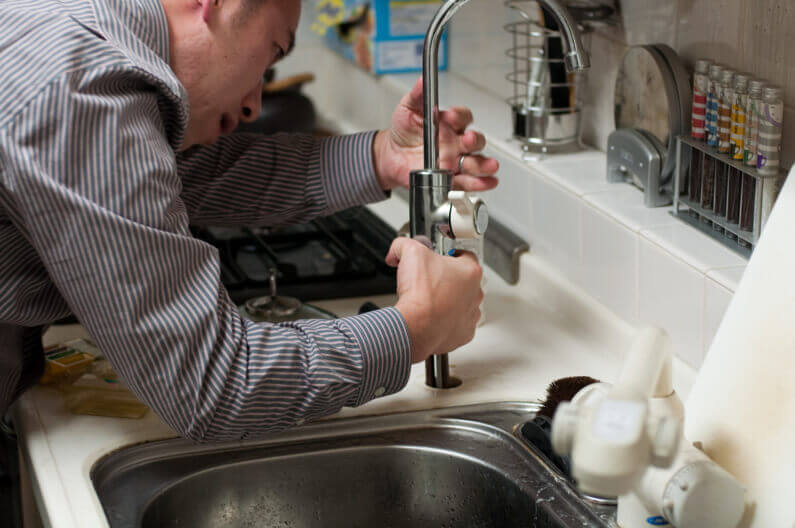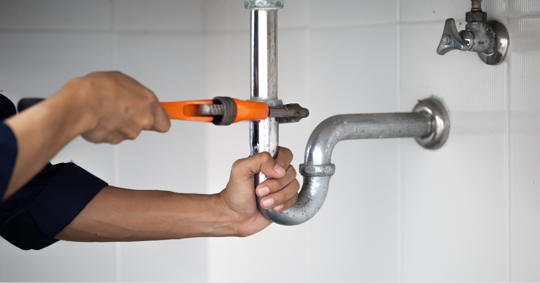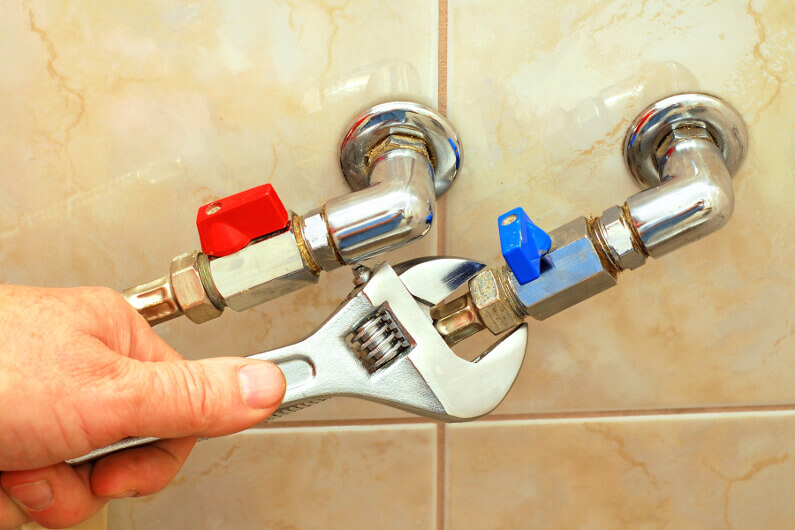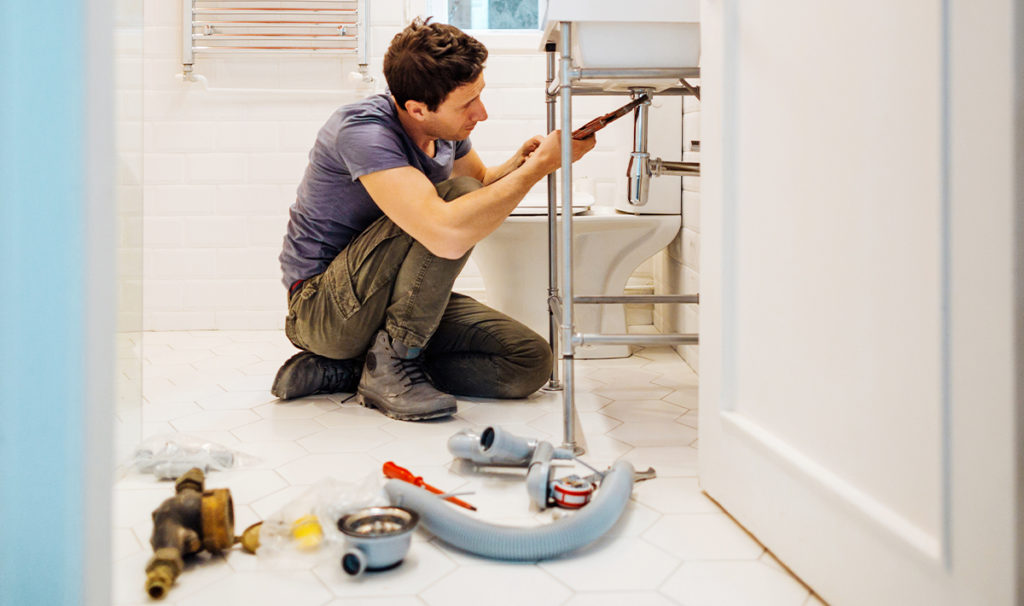All Categories
Featured
Table of Contents

[/image][=video]
[/video]
Nevertheless, prior to you rush to call a plumbing professional or make some poor do it yourself selection, you could wish to have a look at these plumbing keys that can save you time and cash. It is very important to know where you water turned off valve remains in your home, as this can save you from more serious damages when plumbing problems occur.
Once everything is switched off, take a look at your water meter. If the meter remains to move, it's most likely that you have a leak somewhere in your system. This technique will not inform you where the leakage stems, yet it's a great first step towards recognizing a trouble. A continued movement on your water meter when all water sources are transformed off is a clear red flag that needs prompt interest.
Nonetheless, sluggish drains are frequently a very early indication of a larger issue. It might indicate a blockage in the making, a trouble with your sewer line, and even tree roots penetrating your pipelines. Instead of awaiting the drainpipe to become totally blocked, take action as quickly as you see a slowdown.

If these do not work, it might be time to call in an expert. Disregarding the concern could bring about more severe and expensive issues down the line. Understanding where your major water shutoff valve is can save you from potential water damages in situation of a significant leakage or pipes calamity.
Should I Do My Own Plumbing?
Make certain every home adult recognizes where the shutoff valve is and how to use it. In case of a major leakage, swiftly shutting off your home's water supply can reduce damage and provide you satisfaction while you await a plumbing professional to show up. It's a popular concept that chemical drain cleaners are the utmost solution for clogged up drains pipes a notion that couldn't be even more from the truth.
The chemicals can rust the internal cellular lining of the pipes, leading to damaged frameworks, leaks, and also pipeline ruptureds. They can permeate into groundwater and contaminate it, presenting dangers to local ecological communities.
These devices can successfully clear obstructions without causing any kind of damage to your pipes. If these approaches don't work, don't wait to call a specialist. Remember that prevention is constantly far better than remedy. Prevent pouring grease, oil, or any kind of solid waste down your drains pipes, as they can strengthen and cause blockages.

Over-tightening can lead to many issues, consisting of stripped screws and broken screws, resulting in leakages or even water damages. This typical blunder in DIY plumbing tasks can transform a small repair right into a costly undertaking.
Should I Do My Own Plumbing?
Plumbing professional's tape, or Teflon or string seal tape, is an essential tool for every home owner. It creates watertight seals at pipeline threads, protecting against leaks at joints and links.

Before affixing any fittings, take a minute to cover a few layers of plumbing's tape around the threads in a clockwise instructions. Make certain the tape covers all the threads and is covered tightly. This simple yet critical action can save you from dealing with irritating leakages down the line.
However, bear in mind that for larger concerns, expert assistance is always advised. Sink sprayers can be very convenient but can also end up being discouraging when they fail to expand completely or get stuck. This usual concern typically occurs when the sprayer hose pipe obtains snagged on the shutoff valves. To avoid this from happening, consider mounting pipe insulation.
And also, throughout cooler months, pipeline insulation can aid stop your pipelines from cold and rupturing a circumstance that can lead to pricey repairs. When it involves securing fixtures like faucets, lots of DIY enthusiasts intuitively get to for a plumber's putty. There's an alternative that could offer you much better silicone caulk.
Should I Hire A Plumber?
This flexibility enables it to suit slight shifts or motions without breaking the seal, providing an extra resilient and lasting remedy. Simply keep in mind to allow the caulk cure entirely according to the supplier's guidelines prior to exposing it to water to guarantee the most effective results. "Doping" in pipes describes using pipe dope, or pipeline joint compound, to the threads of pipes connections prior to they're screwed with each other.
Table of Contents
Latest Posts
Plumber local to ,
Plumbing
Emergency Plumbing
More
Latest Posts
Plumber local to ,
Plumbing
Emergency Plumbing